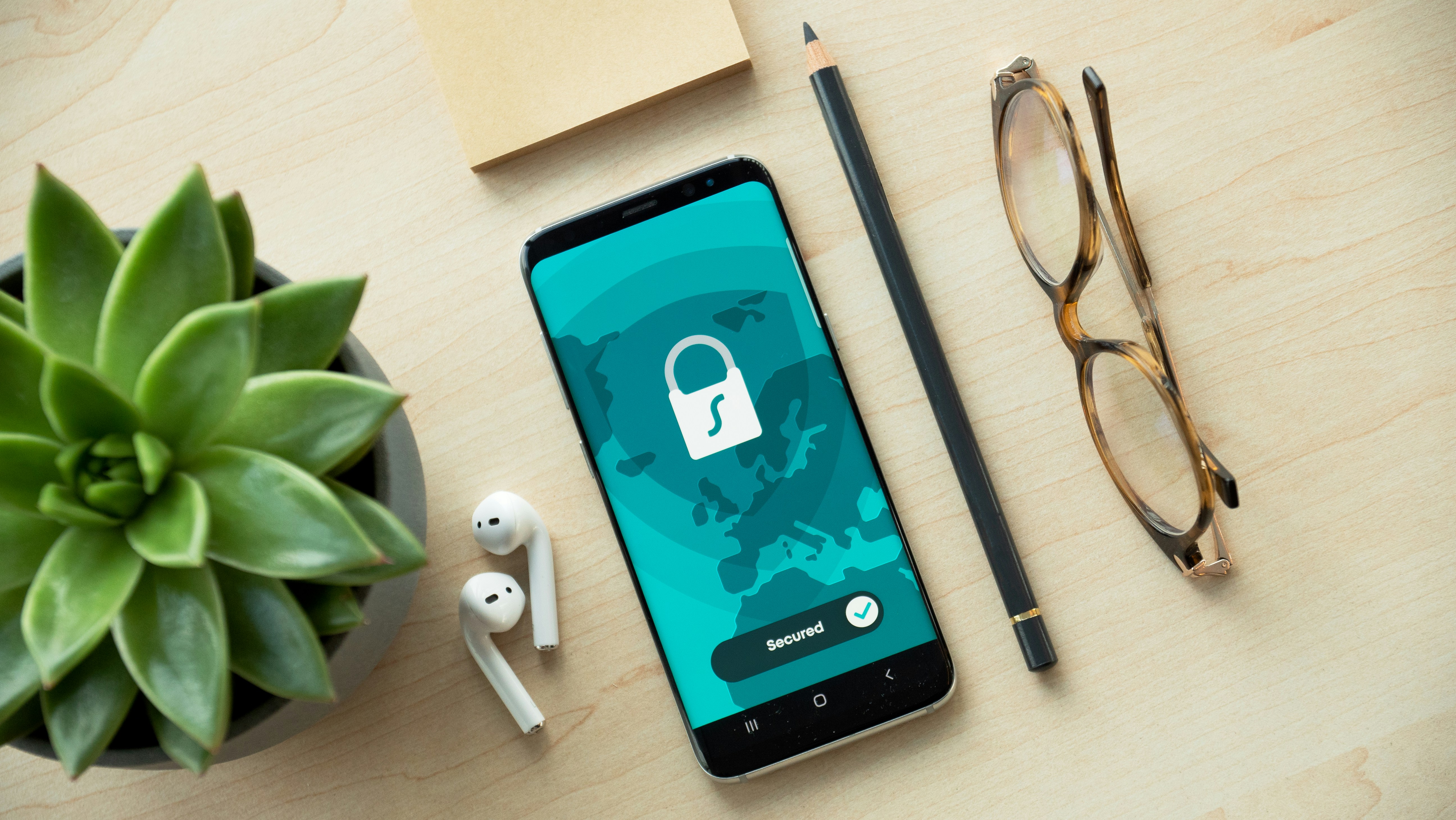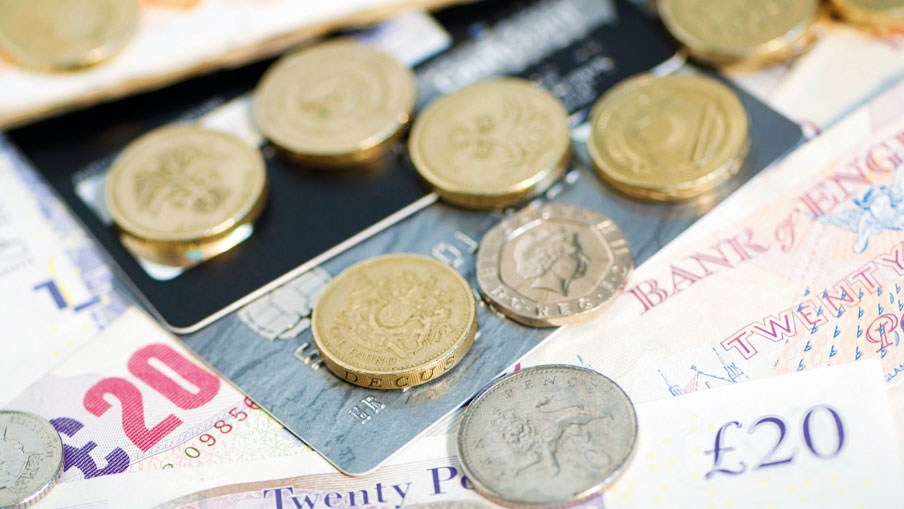Keep your identity intact: 5 easy-to-follow tips to avoid identity theft and fraud
It is important to keep in mind that everyone is susceptible to the threat of identity theft

Cybercriminals are always looking for vulnerable targets to exploit, and unfortunately, anyone can be a victim of identity theft. Whether you're well-versed in online security measures or just starting to learn about them, you must be aware of the risks of sharing personal information online or offline.
Identity theft is not just about stealing your name or social security number; it's the process of using any personal information that can be associated with you, such as your credit card details, passwords, or even your home address, to access your financial accounts and spend money. This can happen without your knowledge or consent, resulting in significant economic loss and damage to your credit score.
That's why it's crucial to protect your personal information and reduce your risk of becoming a victim of identity theft. This includes regularly monitoring your credit reports, using strong and unique passwords, being cautious about sharing personal information online and keeping your devices and software up-to-date with the latest security patches (the best identity theft protection services can do a lot of the hard work for you.) By taking these measures, you can help safeguard your personal and financial information and stay one step ahead of cybercriminals.
Identity fraud and its impact
Identity theft often occurs without the victim's knowledge. The realization that your identity has been stolen usually happens when instances of identity fraud come to light. It is a moment that is hard to forget. Discovering that someone has been posing as you, using your identity to obtain credit cards, loans, and other financial benefits, can be a sickening experience. The worst part is that you become accountable for the debts incurred by the identity thief.

5 Tricks to Avoid Identity Theft
Identity theft is a serious issue that can happen to anyone. However, there are some steps you can take to lower the risk. You can take measures to protect yourself from identity fraud by reducing the amount of personal information exposed. To achieve this, you can use the following five tips to avoid identity theft.
1. Maximise your digital security
Managing your digital life carefully is essential, as the internet can threaten your security. First, you need to use a strong password generated by a password manager containing lower- and upper-case characters, numbers, and punctuation (where allowed). Don't use the same password for multiple accounts, and keep your passcodes and PINs safe. If you need to write them down, lock the cheat sheet away. Enable two-factor authentication wherever possible. It's also essential to ensure that all your devices have a password, PIN, or thumbprint access set up and have working antivirus software installed. Stay vigilant and aware of current threats, such as ransomware and phishing.
Sign up to the TechRadar Pro newsletter to get all the top news, opinion, features and guidance your business needs to succeed!
- Also check out the best password generators

2. Strengthen home security
It's very important to protect your personal information from identity theft. Losing both your credit card and driver's license could put you at an even greater risk. To avoid this, make sure you shred all old credit cards, bank statements, letters, and any other personal information once you no longer need them. Additionally, it's best to keep important documents like birth certificates in a secure place.
If you live in shared accommodation, make sure that no one else is intercepting your mail. Go paperless where possible and regularly check your mail. It's also a good idea to invest in a shredder to dispose of any sensitive paper documents.
To protect your wireless network from intruders, set a strong password and change the network name. This will help prevent anyone from accessing your personal information.
- These are the best secure routers on the market
3. Be aware of your finances
Keeping track of your finances is essential to ensure you're not a victim of identity theft. One way to do this is by using online banking, but make sure your bank has taken the necessary measures to keep your accounts secure. It's also essential to monitor your bank statements every month. Don't forget to take these same precautions for credit cards and online payment systems like PayPal.
Most financial institutions offer account monitoring services and text message alerts. You can easily set this up by logging onto the website or calling customer service. If anything suspicious happens in your account, such as a large or overseas purchase, you'll be notified via an automated SMS on your phone.
Another way to monitor your financial status is using a credit reference agency. This will help you detect any credit applications made without your knowledge.

4. Pay by cash whenever possible
Although cash is not entirely untraceable, it does reduce the risk of identity theft. Credit or debit card usage can lead to identity theft because when you give your card to be swiped, there is a risk of being cloned. While small amounts can be transacted with contactless payments, a full card-and-PIN is required for more significant sums, which increases the risk. Credit card fraud occurs when someone copies your card and uses it. The details may be copied directly to a new card or added to a database and sold on the Dark Web for criminals to purchase. Using cash to pay for food and drinks in restaurants or street markets is an intelligent way to avoid the risk of identity theft.
5. Be alert in public places
Public places, especially busy city centers and shopping malls, are common locations where identity thieves operate. You must be cautious of pickpockets who may steal items like credit cards, driving licenses, membership cards, passports, and work IDs from your purse or wallet.
Another threat is the practice of shoulder surfing, where identity thieves closely observe you entering your PIN at an ATM or in-store. They can use this information to steal your money or access your accounts. They may know your address and intercept a new card, or use social media information to learn your personal details to pass security questions and have a new card delivered to a different address.
To prevent theft, maintain a safe distance from others when using an ATM or paying for goods. Make sure to cover your PIN while entering it. Also, keep your smartphone, which contains your personal information, locked and hidden from view at all times.
Don't take anything for granted: keep checking for signs of ID fraud
It's important to take steps to avoid identity theft and protect yourself from fraud. However, simply knowing how to avoid identity theft is not enough. In today's world where information can be easily transmitted across the globe, it's crucial to be prepared in case you become a victim of ID fraud.
To minimize your risk of identity theft, you should always be alert when in public, practice good data security habits, shred all old bank statements, and use cash whenever possible. By following these tips, you can reduce the likelihood of being a victim of identity theft and prevent fraudulent activity on your accounts.
More from TechRadar Pro
- We've highlighted the best password manager
- These are the best home security systems on the market
- Protect your privacy online with one of the best VPN services
- We've also highlighted the best identity theft protection
Bryan M. Wolfe is a staff writer at TechRadar, iMore, and wherever Future can use him. Though his passion is Apple-based products, he doesn't have a problem using Windows and Android. Bryan's a single father of a 15-year-old daughter and a puppy, Isabelle. Thanks for reading!
